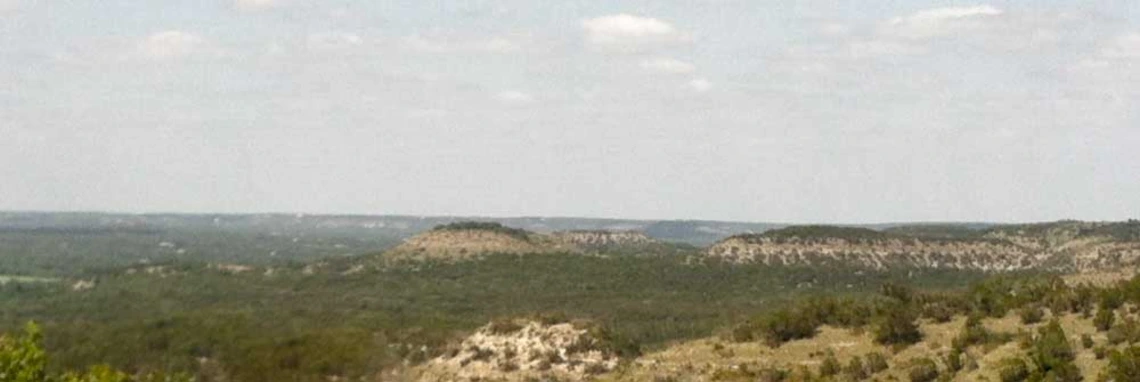
When
Where
Speaker(s)
Date/Time: Thursday, October 29, 2015 / 12:00 - 1:15 PM
Like many Sun Belt and Western cities, the rapidly growing Central Texas region is confronted with water supply challenges stemming from limited surface water supplies, increasing municipal and industrial demand, and an increasingly arid climatic future. Consequently, groundwater remains a critical and coveted source of supply.
Taking a regional view of the San Antonio metro area, the speaker will analyze the mixture of different groundwater districts with responsibility for managing these increasing demands. Particular focus is going to be placed on the role of the groundwater rights market in the Edwards Aquifer and two smaller districts that lie in the path of San Antonio’s suburban and exurban growth. While Texas’ reliance on a system of local groundwater management is broadly consistent with the recent trend towards decentralized environmental governance, some key challenges may hamper its long-term effectiveness. The speaker will explain these challenges and conclude with some comparisons and considerations for Arizona.
 Zach Sugg is a water resource geographer at the UA School of Geography and Development broadly interested in common pool resource governance and political economy. His dissertation research compares the different groundwater governance approaches of Arizona and Texas using Phoenix and San Antonio as case studies. Sugg has been involved in projects at the Udall Center for Studies in Public Policy on international transboundary groundwater governance (with Bob Varady and Andrea Gerlak) and the water-energy nexus (with Chris Scott). He has also been continually involved in various water-related GIS and remote sensing projects; most recently, used high-resolution satellite imagery to map impervious surfaces in Sierra Vista, AZ (under auspices of San Pedro Partnership).
Zach Sugg is a water resource geographer at the UA School of Geography and Development broadly interested in common pool resource governance and political economy. His dissertation research compares the different groundwater governance approaches of Arizona and Texas using Phoenix and San Antonio as case studies. Sugg has been involved in projects at the Udall Center for Studies in Public Policy on international transboundary groundwater governance (with Bob Varady and Andrea Gerlak) and the water-energy nexus (with Chris Scott). He has also been continually involved in various water-related GIS and remote sensing projects; most recently, used high-resolution satellite imagery to map impervious surfaces in Sierra Vista, AZ (under auspices of San Pedro Partnership).
